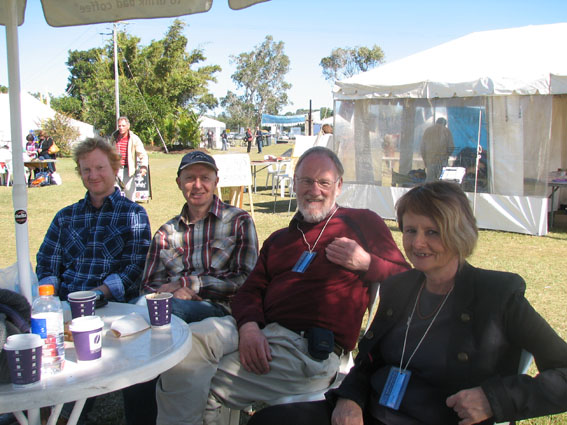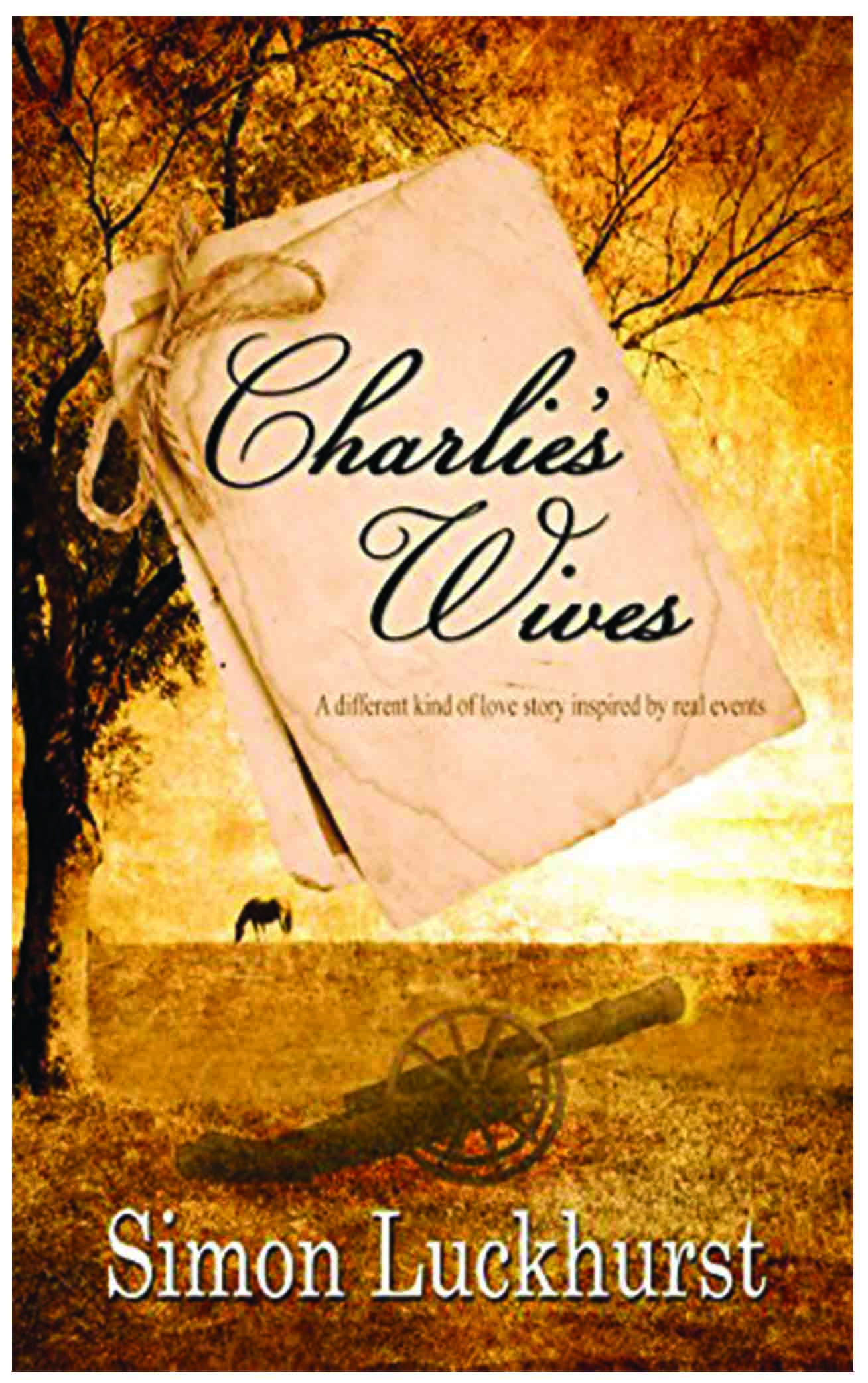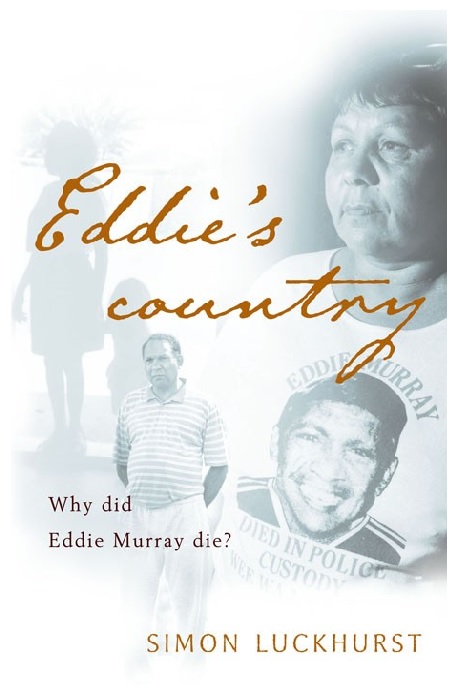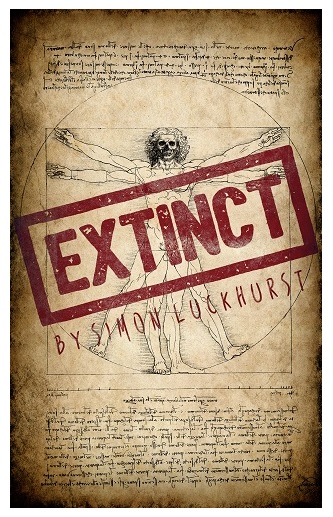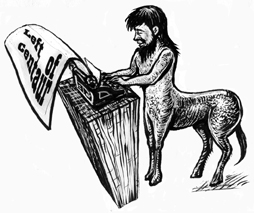 |
A book about loss that will leave you smiling.Ben Walker is a suburban schoolteacher living a quiet life until the night his wife, Lily, dies. With two kids at home, Ben has to deal with his loss and the reaction of his children to the unexpected event. As the weeks and months pass, Ben begins to make some surprising discoveries in his post-Lily world. Some are bad and some are good, however Ben's eventual journey to a new kind of life ultimately offers him more hope than he initially believed was possible. |
Awards
The Walking Wounded was co-winner of the Byron Bay Writers' Festival LitLink Unpublished Manuscript Awards, 2010
Comments
I'm pleased to tell you that your novel The Walking Wounded has been
shortlisted for the Byron Bay Writers Festival LitLink Unpublished
Manuscript Awards. The Varuna Creative Team were thrilled with the quality
of the shortlist all manuscripts that fully understand the seductive
imagination necessary to create and sustain a reader's excitement. The
shortlist will now be read by the Byron Bay Creative Team...
Peter Bishop (Varuna Writers' House Creative Director, 2010)
Our warmest congratulations on being one of the three winners of the second
running of the Byron Bay Writers Festival LitLink Unpublished Manuscript
Awards. On the Varuna website, I've just posted the Varuna Creative Team's
description of your novel as: "A novel about grief and loss could be heavy
but this one is infinitely touching, full of humour and affection, and the
first person narration is a model of tact." We're looking forward to working with you on the final development of your manuscript.
Peter Bishop (Varuna Writers' House Creative Director, 2010)
I thoroughly immersed myself in the world you created and look forward to following the manuscript's progress.
Jeni Caffin (Byron Bay Writers' Festival Director 2010)
If you would like to read the full manuscript of The Walking Wounded with a view to publication, please email me at simon@simonluckhurst.com.
Extract
Ben thought the counsellor sounded hostile.
‘My name is Chanthavy,’ she said.
‘It’s a nice name,’ Ben remarked. ‘Does it have a meaning or –’
‘Follow me.’
She cut him off and turned away, walking towards her office, not checking to see if he was following. Ben felt annoyed. He entered her room and sat down on the plain wooden chair she indicated, although he noted she sat on a comfortable upholstered one.
‘I am a professional. I’ve had training. Diploma on the wall. Sessions last forty-five minutes. You’ve paid already?’
Ben nodded, and she made a note on the blank pad in front of her.
She sat then, silent, and Ben watched her. He thought she was Burmese, or possibly Thai.
‘What are you staring at?’
‘Nothing.’
‘You were staring at me.’
‘Just... you know... waiting to start.’
‘Is that something that’s important to you? The urge to begin?’
‘Well, I want to begin this so that I can start to feel better and –’
‘You wish to begin to start?’
‘Sorry?’ he asked, confused.
‘Aha!’ she said, writing another note, as if a major discovery had been made. ‘So what’s been going on for you?’
‘My wife was killed.’
‘Murder? Accident? Terrorist incident?’
There was definite, undeniable level of hostility in her voice which Ben really wasn’t warming to.
‘A car crash.’
‘How unfortunate.’
‘Yes, it was.’
She sat, silently and Ben wondered if he was supposed to say more. Was this her method? To sit quietly until he was forced to speak in order to break the silence, allowing the words and his inner emotions to tumble out?
‘So, wife killed in accident, husband feels bad. You want to feel better? Sounds like a tragedy to me. You should expect to feel bad.’
She scribbled something else.
‘You often feel bad?’
This was it. He knew he had to tell her, to reveal to her what had been bothering him for so long.
‘Well, the thing is, I don’t really feel anything. I haven’t for a long time. I’ve stopped feeling.’
He thought she’d make another note, maybe even underline it, but instead she looked across to him.
‘You don’t feel anything?’
‘I actually feel pretty bad that I don’t feel anything.’
‘Not making much sense, Walker.’
‘It’s Ben. My name’s Ben.’
‘Ben Walker?’ she confirmed.
‘Yes.’
‘So why did you correct me when I called you, Walker?’
‘Because it’s my last name.’
‘And?’
‘We don’t usually – ’
‘Does it really matter what I call you?’ she asked, contriving to sound quite exasperated. ‘Walker, Benjamin, Bennie. You’ve been called all of them before?’
‘Yes.’
‘So why are you making a big deal about it?’
‘I don’t like it.’
‘You don’t like it or you feel you don’t like it?’
‘I don’t want you to call me Walker.’
‘I’ll make a note of that.’
She didn’t write anything.
‘Do you have anger issues?’ she asked him.
‘No.’
‘Because you don’t feel anything?’
‘I don’t know.’
There was a long pause before she spoke again.
‘So, how long since wife died?’
‘Lily was killed two-and-a-half months ago.’
‘And in the last ten weeks have you lost your temper at all?’
‘Once.’
‘And in a normal ten week period how many times would you lose your temper?’
‘Depends on what’s happening. Sometimes a couple. Maybe none.’
‘So one instance is hardly out of the average? Maybe even less than average?’
‘I suppose so,’ he said.
She was really starting to annoy him. There could be another instance of temper lost very soon, Ben thought. He’d lift his average.
‘When you lost temper,’ she intoned. ‘What was the trigger?’
‘I was in the shower.’
‘A shower?’
‘That’s what I said.’
‘And what? The pressure of the water was not quite right? Temperature marginally too cold?’
‘There was no soap.’
‘Oh my God.’
She was definitely taking the piss.
‘Well, it was the special soap that Lily bought and it had run out and I guess this upset me and reminded me that Lily was gone and that’s why I got so angry.’
‘Sounds about right to me. You can go now.’
‘What?’
‘You’ve worked it all out by the sound of it. Soap equates to dead wife, presumably there’s a symbolism in the pristine, clean whiteness of the soap, the lack of froth in your long term relationship, washing your hopes away, something like that. Anyway, all solved now. Goodbye.’
‘Are you serious?’
‘Look, another middle-class affluent woman meets a tragic end in the middle of suburbia, it’s hardly going to make the world news. Even though you said you’re numb, you really are feeling quite a lot. Life is a series of tragedies, Walker, and we move on and get over them and feel bad, sometimes really bad, sometimes not so bad, but the point is that this is what it’s like. Price of admission to life’s mysterious journey. I can’t stop you feeling bad. I can’t bring back wife. I can’t help you.’
‘But I thought – ’
‘You live sheltered lives,’ she told him, standing up and opening the door. She moved back to her chair, found her notebook, ripped out the page with the two or three scrawled lines of writing on it, crumpled it up and threw it towards the waste paper bin and missed.
‘Think about reality, Walker. While we’ve been speaking here, forty children around the world have died from malnutrition or thirst or preventable diseases. Sixty adults have died as a result of war: all sons, brothers, mothers, daughters. More have died from floods and other natural disasters. Hundreds, thousands of little girls and boys have been abused – not just in poor nations but all around us. But you come here with one dead wife after a long life together of shared happiness and want me to make you feel happy about it?’
‘That’s not –’
‘Leave now, Walker, before you get mad with me, before I become in your eyes another cake of missing soap.’
He stormed out of the office, jogging determinedly all the way home and then surprised himself by going through Lily’s things – tearing clothes from her drawers, tossing cosmetics into piles and stacking papers onto the lounge. Chanthavy’s words had stung him and provoked within him a deep desire to purge, and he worked in a determined frenzy until well after midnight.
Images
Bill Lane, Simon Luckhurst, Peter Bishop and Jane Skelton at the Byron Bay Writers' Festival, 2010. |
